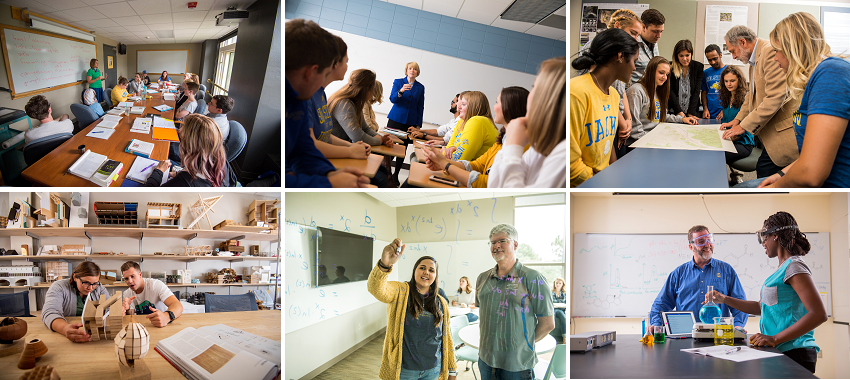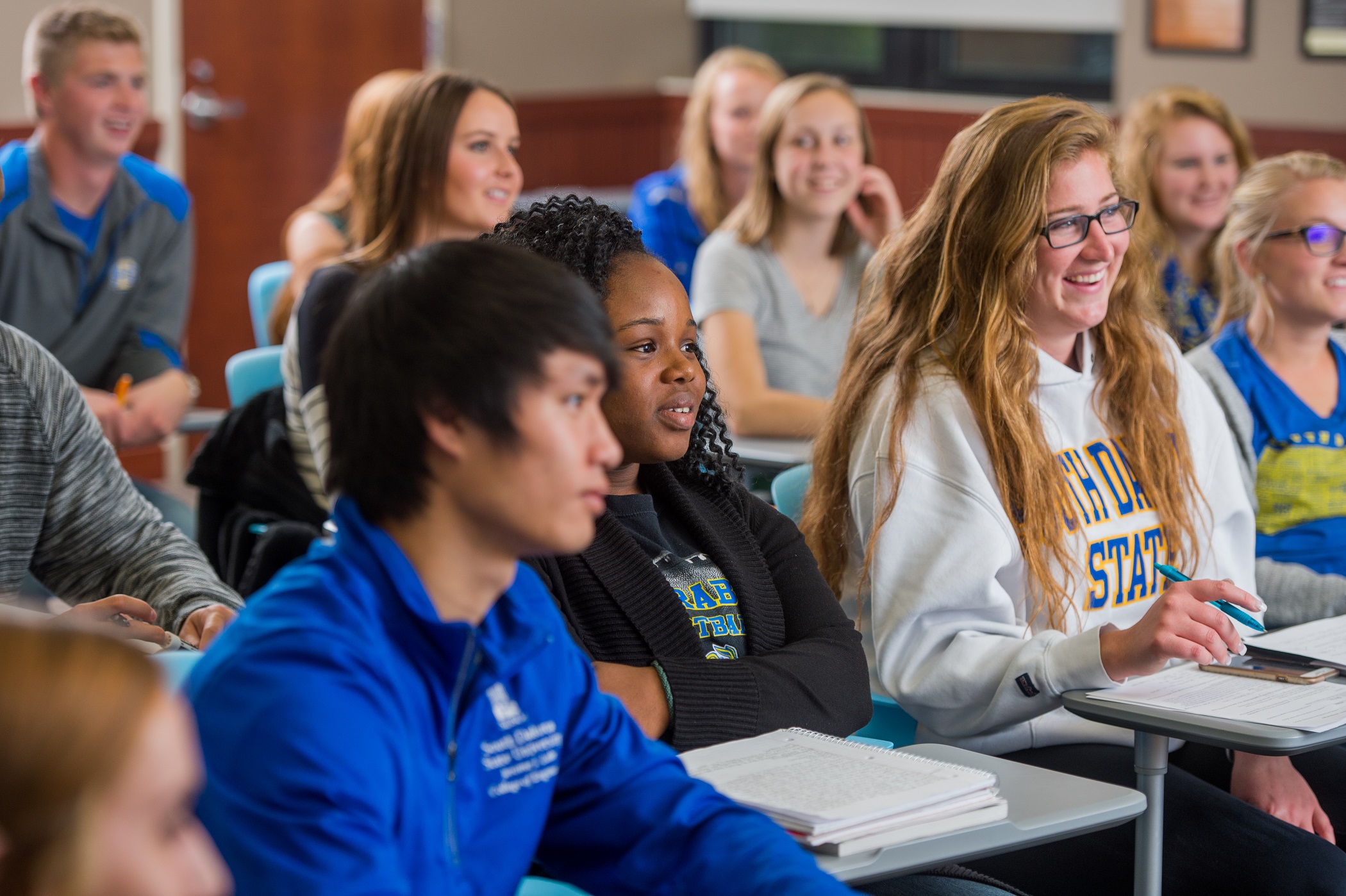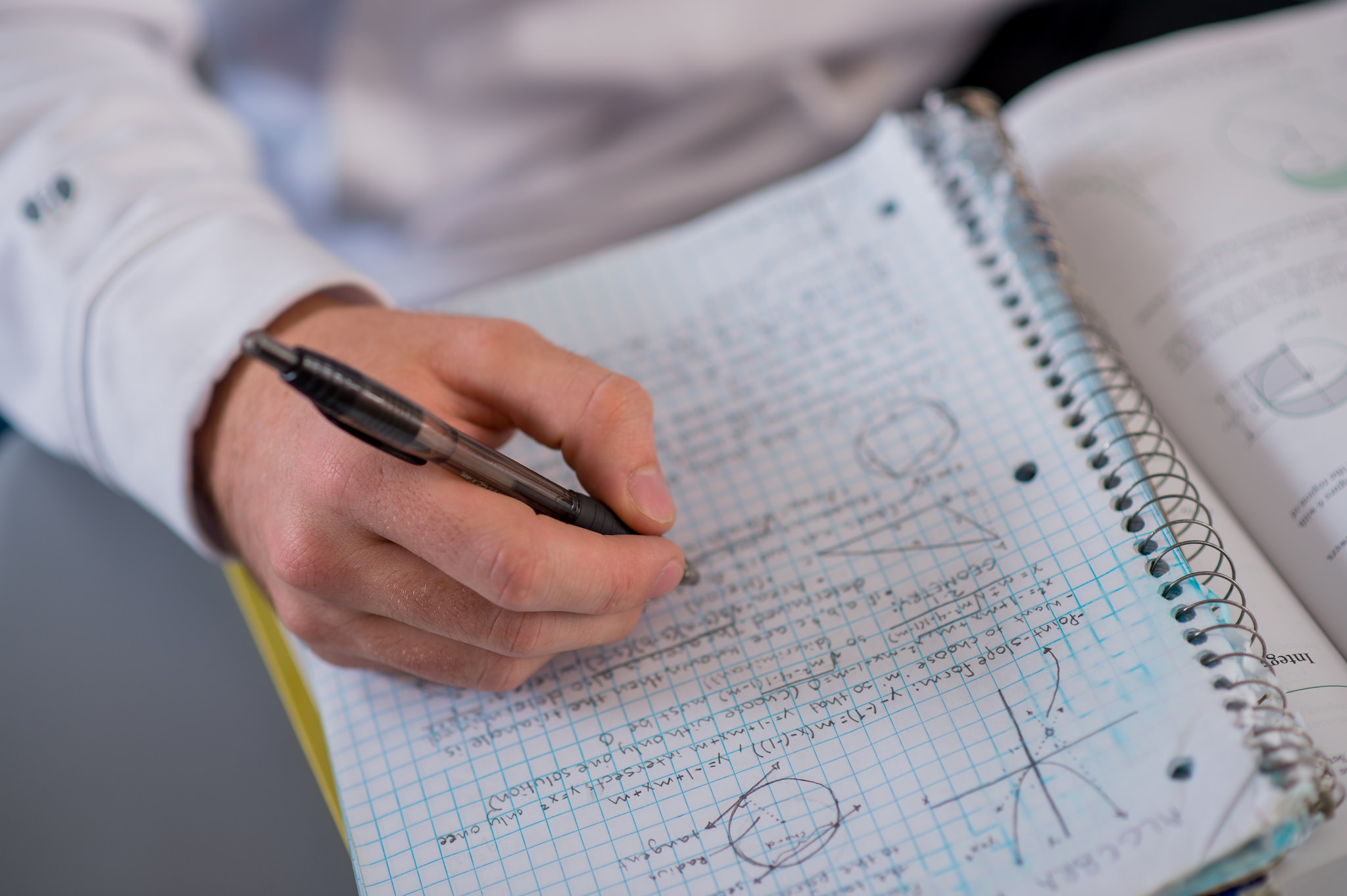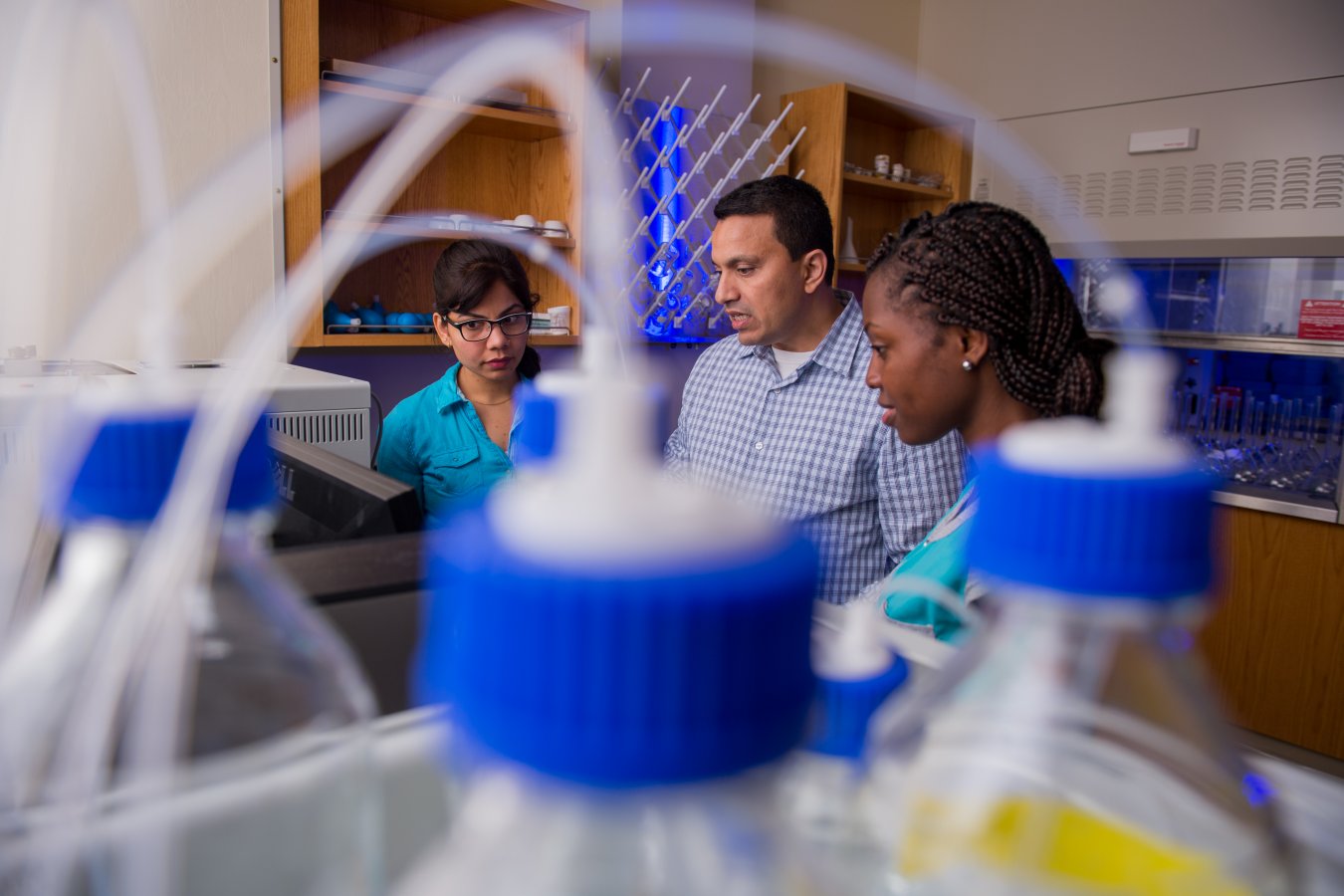General Education
A SDState

System General Education Goals and Rubrics
Students will write effectively and responsibly and will understand and interpret the written expression of others.
Student Learning Outcomes: As a result of taking courses meeting this goal, students will:
- Write using standard American English, including correct punctuation, grammar and sentence structure.
- Write logically.
- Write persuasively, with a variety of rhetorical strategies (e.g., expository, argumentative, descriptive).
- Incorporate formal research and documentation into their writing, including research obtained through modern, technology-based research tools.
Each course meeting this goal includes the following student learning outcomes:
Required: 1, 2, 3 and 4
Students will communicate effectively and responsibly through listening and speaking.
Student Learning Outcomes: As a result of taking courses meeting this goal, students will:
- Demonstrate the ability to speak thoughtfully, clearly and effectively in a variety of contexts.
- Demonstrate active listening skills in a variety of contexts.
Each course meeting this goal includes the following student learning outcomes:
Required: 1 and 2
Students will understand the organization, potential, and diversity of the human community through study of the social sciences.
Student Learning Outcomes: As a result of taking courses meeting this goal, students will:
- Identify and explain basic concepts, terminology, theories and systems of inquiry of the selected social science disciplines.
- Apply selected social science concepts and theories to contemporary or historical issues from different behavioral, cultural, institutional, temporal or spatial contexts.
- Analyze the extent and impact of diversity among individuals, cultures or societies in contemporary or historical contexts using social science methods and concepts.
Each course meeting this goal includes the following student learning outcomes:
Required: 1, 2 and 3
Students will understand the diversity and complexity of the human experience through study of the arts and humanities.
Student Learning Outcomes: As a result of taking courses meeting this goal, students will:
- Demonstrate knowledge of the diversity of values, beliefs, practices or ideas embodied in the human experience.
- Demonstrate basic understanding of concepts of the selected discipline within the arts and humanities.
In addition, as a result of taking courses meeting this goal, students will be able to do at least one of the following:
- Demonstrate ability to express creative, aesthetic, formal or stylistic elements of the disciplines.
- Demonstrate foundational competency in reading, writing and speaking a non-English language.
- Identify and explain cultural contributions from the perspective of the selected disciplines within the arts and humanities.
Each course meeting this goal includes the following student learning outcomes:
Required: 1 and 2
At least one of the following: 3, 4 or 5
Students will understand and apply fundamental mathematical processes and reasoning.
Student Learning Outcomes: As a result of taking courses meeting this goal, students will:
- Use mathematical symbols and mathematical structure to model and solve real world problems.
- Demonstrate appropriate communication skills related to mathematical terms and concepts.
Each course meeting this goal includes the following student learning outcomes:
Required: 1 and 2
Students will understand the fundamental principles of the natural sciences and apply scientific methods of inquiry to investigate the natural world.
Student Learning Outcomes: As a result of taking courses meeting this goal, students will:
- Explain the nature of science including how scientific explanation are formulated, tested, and modified or validated.
- Distinguish between scientific and non-scientific evidence and explanations, and use scientific evidence to construct arguments related to contemporary issues.
- Apply basic observational, quantitative, or technological methods to gather and analyze data and generate evidence-based conclusions in a laboratory setting.
- Understand and apply foundational knowledge and discipline-specific concepts to address issues, solve problems or predict natural phenomena.
Each course meeting this goal includes the following student learning outcomes:
Required: 1, 2, 3 and 4


SDBOR General Education
Assessment Guidelines

Assessment Plan

